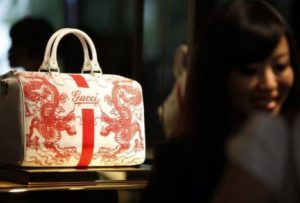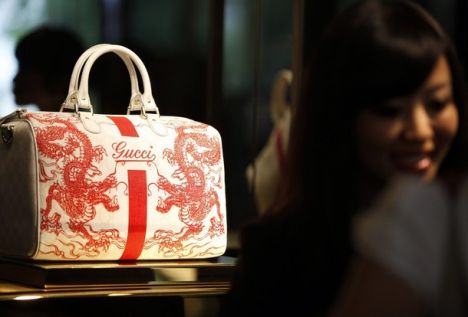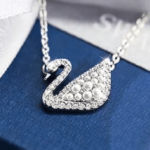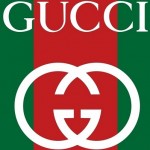Luxury goods market in China
Luxury goods market in China: Optimistic Prospects?
The potential of luxury goods market in China

It is predicted that China will account for about 20%, and ¥180 billion luxury sales in the world in the year of 2011. Even during the global recession, sales of luxury goods in China mainland increased by 16%, reaching nearly ¥64 billion. But it has decreased to a 20% growth last year. However, the performance of Chinese luxury market is still way better than the rest of other major luxury markets in the world. According to the online survey carried out by the SinaWeiboFanbase , the top 10 luxury brands in China are: Cadillac, BMW, Mercedes-Benz, Coach, Dior’s, Burberry, Audi, Louis Vuitton, Channel and Ferretti.
Although China highest class might have cut back on spending by 15% last year, Chinese consumers have not lost their appetite for luxury brands.
According to the Hurun Report Chinese Luxury Consumer Survey 2014, riches in China prefer to wear Cartier jewelry, Patek Philippe watches and Hermès accessories. For the clothing, the men prefer to wear Armani outfits and women prefer the Chanel. Even for children, luxury brand Burberry was the children’s favorite clothing brand of choice among the privileged demographic. Those brands are the main top luxury brands receiving popularity among Chinese consumers in terms of clothing and accessories.
When it comes to cars market, the Rolls Royce Phantom and the Mercedes-Benz S-class are the top choices for executive vehicles. Top sports cars are the BMW M3 and the Porsche 911 Carrera, and the most popular ‘roadster’ is the Mercedes SLK. The favorite car luxury brand is Ferretti.
Optimistic prospects for luxury goods market in China?

Although the figures above show the positive trends of luxury goods market in China, with the development of B2C websites, overseas online shopping can have significant impact on luxury goods market in China. Luxury goods bought on foreign markets are in general cheaper than the ones’ bought in the domestic market.
Geopolitical troubles and anti-corruption measures in China are taking their toll on the world’s luxury industry, as sales in this industry will likely fall both in China and Russia in 2014. According to research by consultancy Bain & Co, presented at a conference in Milan on the luxury goods industry, luxury sales will grow to €223 billion. It shows a slow down of the growth, down to 2%.
China will post the first decline in luxury sales in over a decade of growth. The growth rate has slowed in the last few years after surging 20% in 2013. Austerity measures put in place to tackle corruption have been extended beyond public officials and are lasting longer than the industry hoped.
Indeed, Chinese have stopped buying expensive gifts for business partners or government officials, which is the tradition of Chinese for ages. This has resulted in lower sales in several luxury categories such as watches, wines and tobacco.
Does the luxury brand has been impacted by the Devaluation of the Yuan?
The price differentiation has been seen as the biggest change for the luxury good, the selling price of all the imported luxury good has increased by 50%. The “grey market”has risen up. Indeed, a lot of luxury goods are imported into the country and selling it at a better price, people are sourcing the luxury goods into China. Plus, Chinese people are travelling more and more abroad , therefore, they will spend more during their holiday’s abroad. Despite this trend, the luxury industry are remaining positive in mainland China.
Sources:
Hurun















